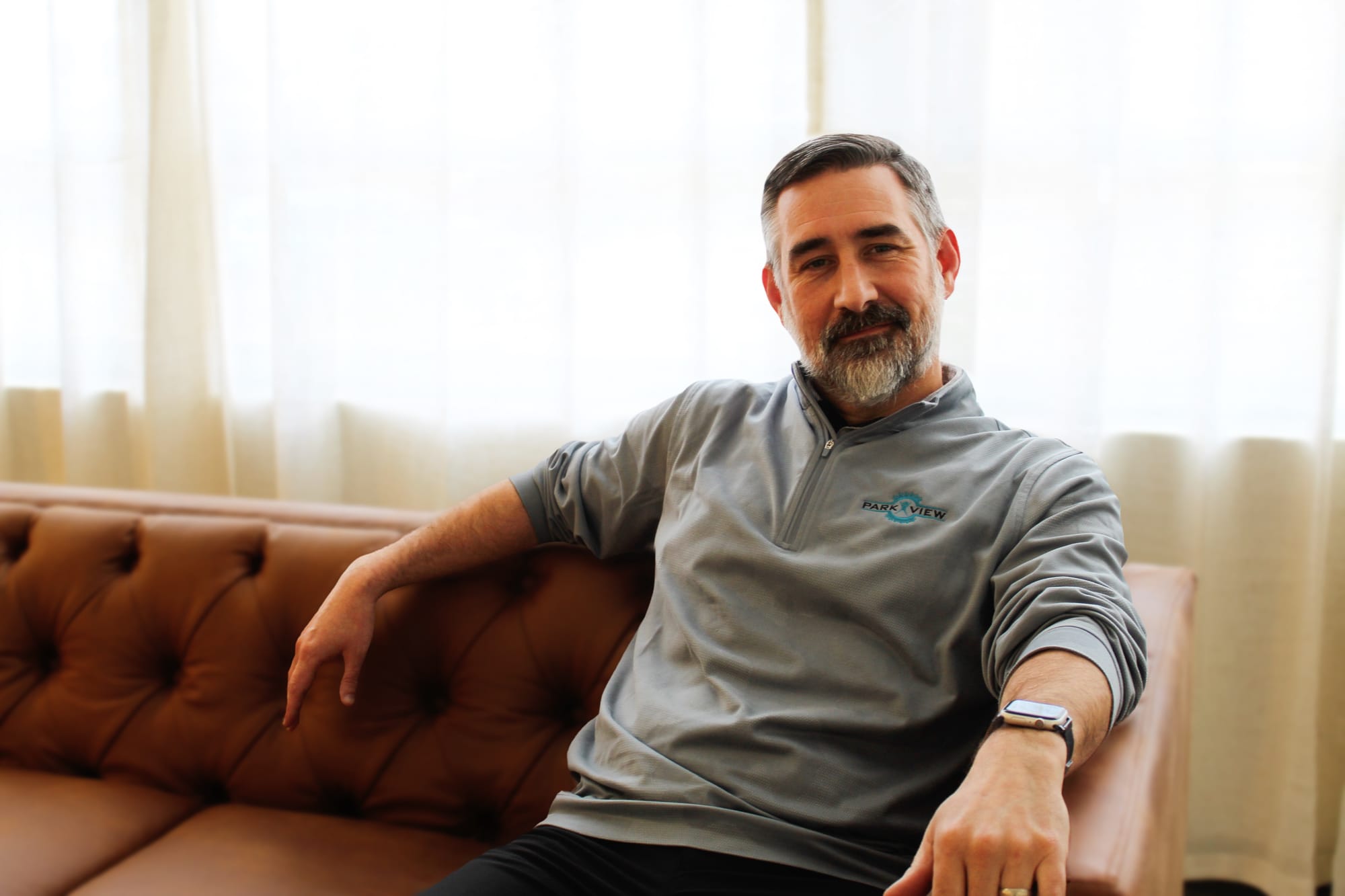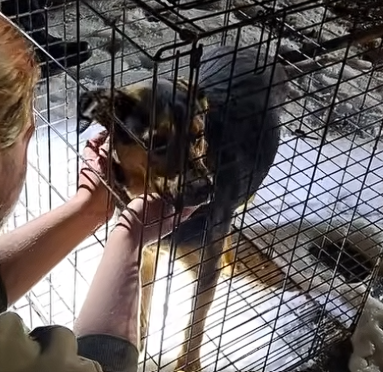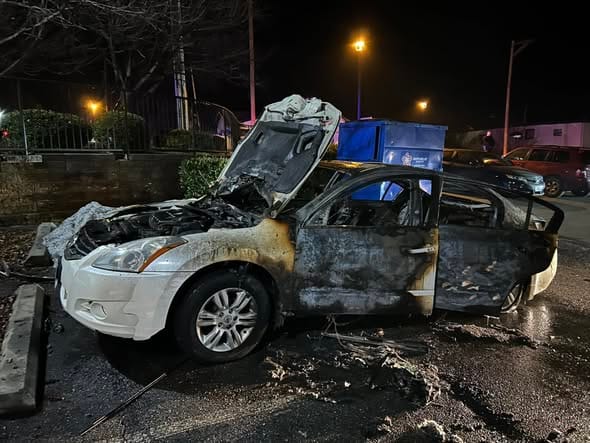This post is for paying subscribers only
Sign up now and upgrade your account to read the post and get access to the full library of posts for paying subscribers only.
This content is FREE and exclusive to our subscribers
Sign up now to gain full access to our entire library of posts and enjoy premium content as a valued subscriber.
Already have an account ? Sign in





Related Posts
Meet Stacy Garrett
Feb 04, 2026
Meet Geoffrey Kershner
Jan 11, 2026
Liberty Students Bring Hope to Western North Carolina on Hurricane Rebuild Trip
Oct 20, 2025